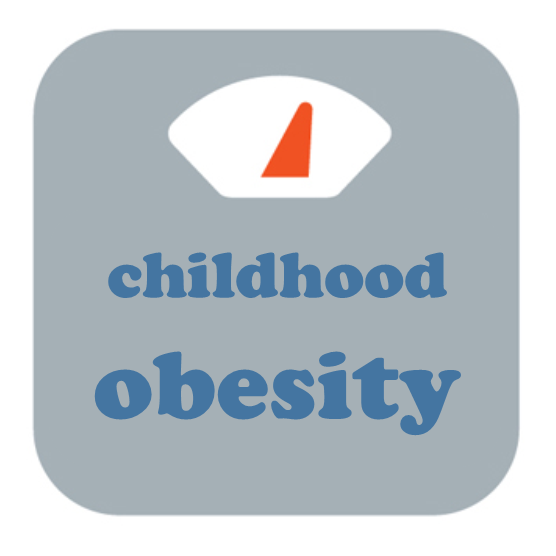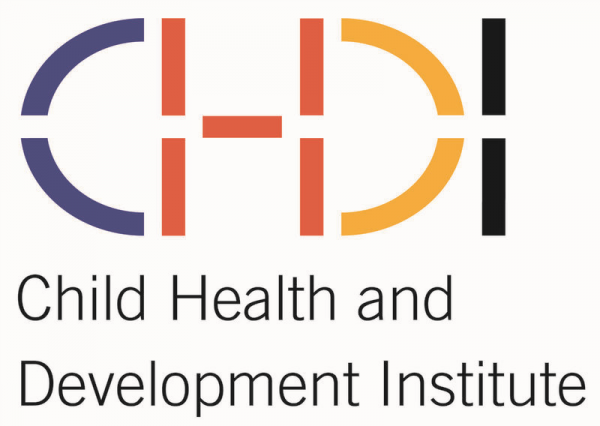Three Foundations Join Forces to Advance Obesity Prevention Efforts in Connecticut
/If an ounce of prevention is truly worth a pound of cure, efforts in Connecticut may hold the key to turning around the nation’s obesity epidemic – especially among children. Connecticut has the 10th lowest adult obesity rate in the nation, according to a study released earlier this year. The state’s adult obesity rate is 26 percent, up from 16.0 percent in 2000 and from 10.4 percent in 1990. That places Connecticut 42nd among the 50 states. The childhood obesity rate is 30 percent for 10-17 year olds, ranking 29th among the states, and 15 percent for 2-4 year olds qualifying for federal nutrition assistance, the 12th highest obesity rate in the country. And that is where the focus of three Connecticut-based foundations will be, as they combine forces to award $194,884 in grants for obesity prevention projects in Connecticut.
The grants are being funded with contributions from the Children's Fund of Connecticut ($139,884), the Connecticut Health Foundation ($30,000), and Newman's Own Foundation ($25,000) and will be administered by CFC's non-profit subsidiary, the Child Health and Development Institute (CHDI).
Funded projects will inform and advance efforts to prevent obesity by improving early feeding practices for diverse socio-economic, racial, and ethnic groups across various early childhood settings.
"Childhood obesity is a wide-spread public health crisis disproportionately impacting racial and ethnic minorities and low-income children. Once obesity sets in it is very difficult to reverse; however, we are still searching for effective ways to prevent it," said Judith Meyers, President and CEO of the Children's Fund of Connecticut.
"New research on infant and toddler feeding practices shows promising results. These grants to improve infant and toddler feeding practices will help us learn more about what works so we can get ahead of the curve."
The competitive application process administered by CHDI yielded the following funded projects:
- Healthy Eating through Group Well Child Care: $59,904, Yale University
Under the direction of Marjorie Rosenthal, MD, MPH, the project examines the impact of embedding a healthy eating curriculum within group well child care, an evidenced-based model of primary care delivery at the Yale New Haven Hospital Primary Care Center. Expected outcomes include less rapid weight gain for infants in the first six months and improvement in mothers' weight over the first year of her child's life.
- Barriers to Participation in CACFP in CT: $64,998, UConn, Rudd Center for Food Policy and Obesity
Tatiana Andreyeva, PhD, Associate Professor at the UConn Rudd Center, will lead a study that documents and addresses barriers to participation in the federal Child and Adult Care Food Program (CACFP) among Connecticut child care centers serving infants and toddlers from low-income families. Connecticut has one of the lowest CACFP participation rates in the nation. The project team will use surveys and stakeholder interviews to assess perceived and actual barriers to CACFP participation and assess outreach and recruitment strategies currently used in Connecticut to increase center enrollment in CACFP.
- Supporting Healthy Eating in Low-Income Toddlers: $64,982, UConn, Allied Health Sciences
Under the direction of Valerie B. Duffy, PhD, RD and Jennifer L. Harris, PhD, MBA, the project will develop and assess a coordinated communications program to deliver consistent messages to low-income parents in East Hartford about best practices for feeding toddlers (1-2 year olds). The messages will be delivered through pediatric clinics, WIC offices, and Family Resource centers in East Hartford. The project will coordinate infant feeding messages and promote responsive feeding across diverse populations and settings.
Funding is also supporting Connecticut Children's Medical Center's Office for Community Child Health to develop and disseminate training for pediatric primary care providers. The training will address key messages to educate parents about best practices in feeding infants and toddlers.
These projects represent the second cycle of funding from CFC in the early childhood obesity prevention arena. Since 2015, CFC has awarded more than $420,000 to advance early childhood obesity prevention.
The work of the first round of grantees helped CFC and CHDI identify public policies that contribute to obesity prevention, test the effectiveness of messages promoting obesity prevention in infants and toddlers, support breast feeding strategies for hospitals, and harness existing medical record data to identify early childhood obesity risks.
The current round of funding was informed by the Robert Wood Johnson Foundation's recently released Feeding Guidelines for Infants and Young Toddlers: A Responsive Parenting Approach, which highlights new areas of research and practice in obesity prevention. The data-rich State of Obesity: Better Policies for a Healthier America, published earlier this year, was a project of the Robert Wood Johnson Foundation and the Trust for America’s Health.
































